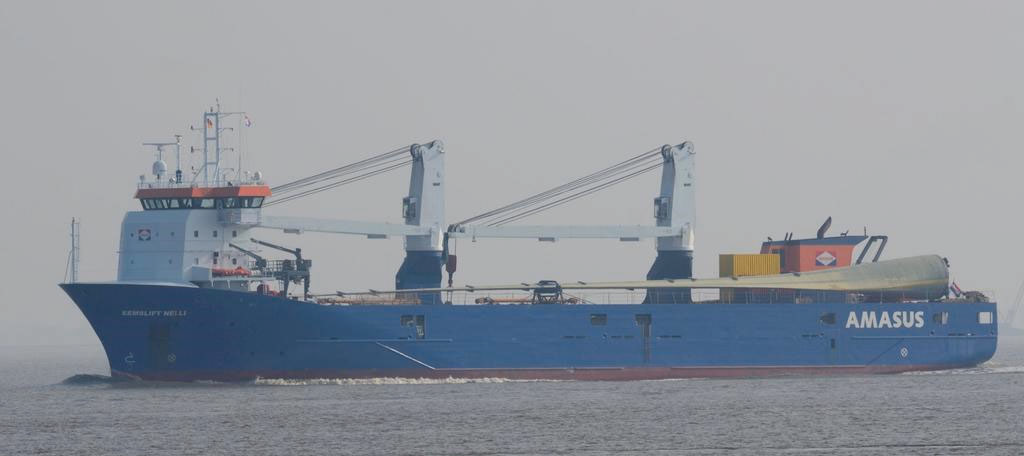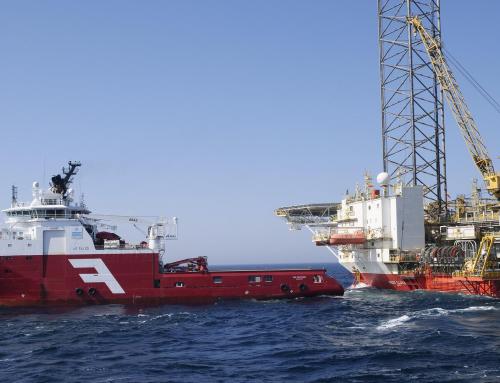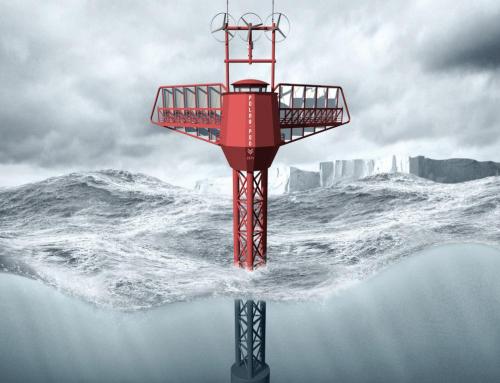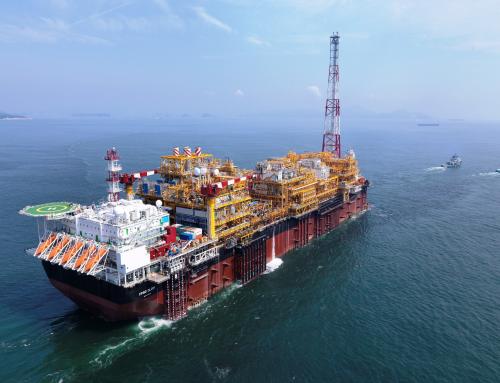Identifying the most favorable weather window to set sails
One of the leading maritime insurance companies requested NOVELTIS to identify the most favorable time slots for a ship to set sail, in order to spare a fragile and precious cargo.
Project details
Categories:
Tags:
Expert in professional marine weather forecast, Marine insurance, Marine weather window of opportunity, Maritime risks, Maritime routes, Navigation, Reduction of risks of sea incidents, Risks at sea, Weather routing
Share this project:
Identifying the most favorable weather window to set sails
One of the leading maritime insurance companies requested NOVELTIS to identify the most favorable time slots for a ship to set sail, in order to spare a fragile and precious cargo.
Project details
Categories:

Cargo ship in charge of the precious cargo
Means used
The elaboration and use of various weather forecasting models enabled NOVELTIS to calculate the wind speed, its direction and the waves height on several points along the ship’s route. On this basis, the starting slot that was minimising the waves height and the wind speed and that was optimizing the wind direction was selected, thanks to a mutivariate analysis.
This forecast based on the 3 main navigation factors can be completed with more precise indicators of dangerousness that are provided by NOVELTIS for ensuring optimal and secure navigation, such as: waves steepness (which can generate more shocks and slow the ship down), indicator of cross seas that helps avoiding difficult navigation, and the probability of occurrence of rogue waves (sudden waves that can reach more than 20m in height) which helps deciding the ship rerouting in the right time and place.




